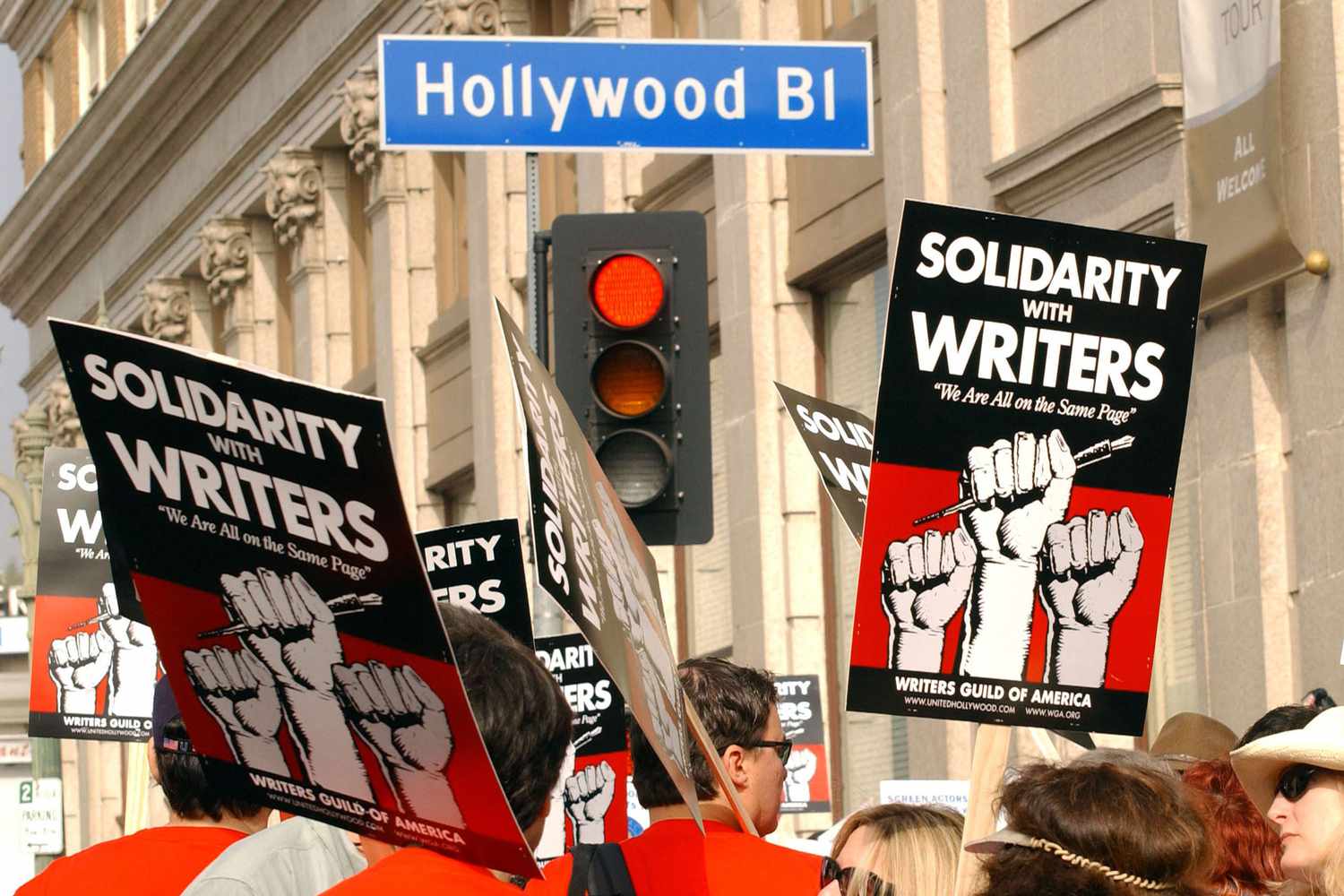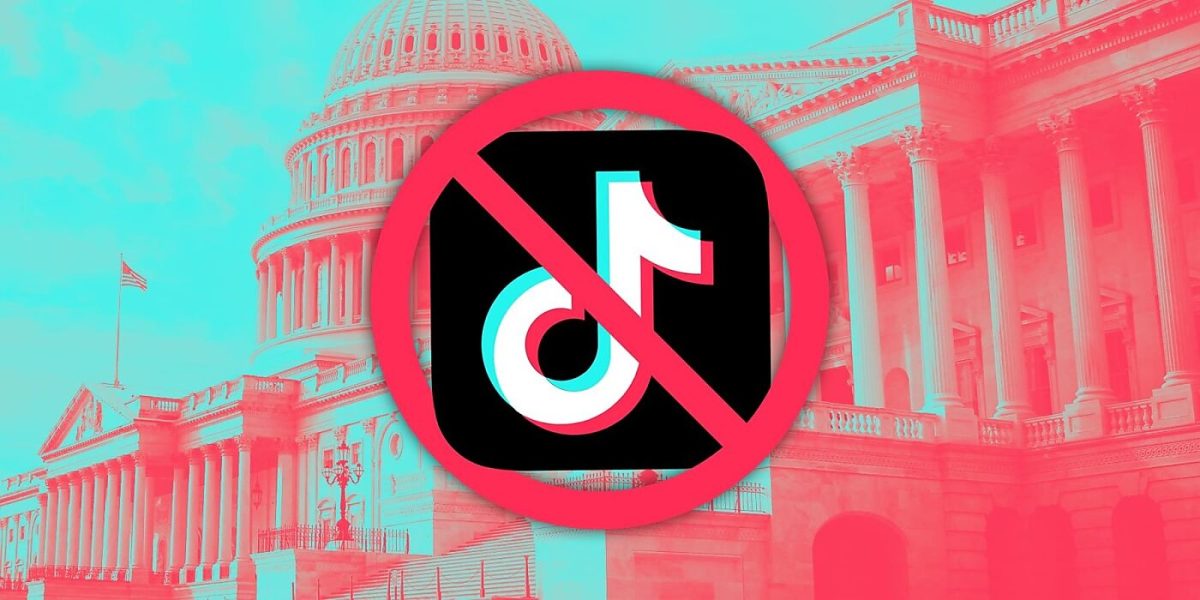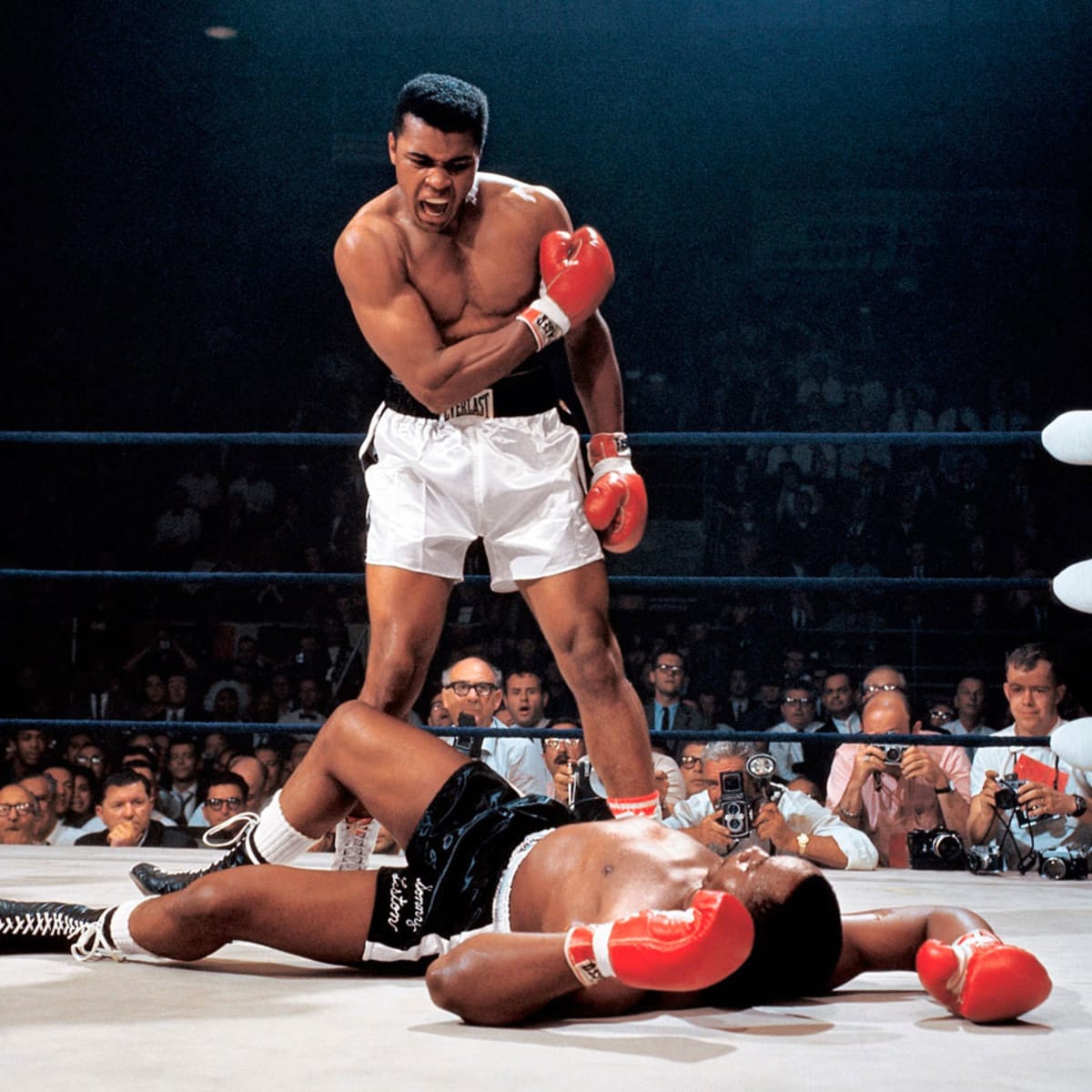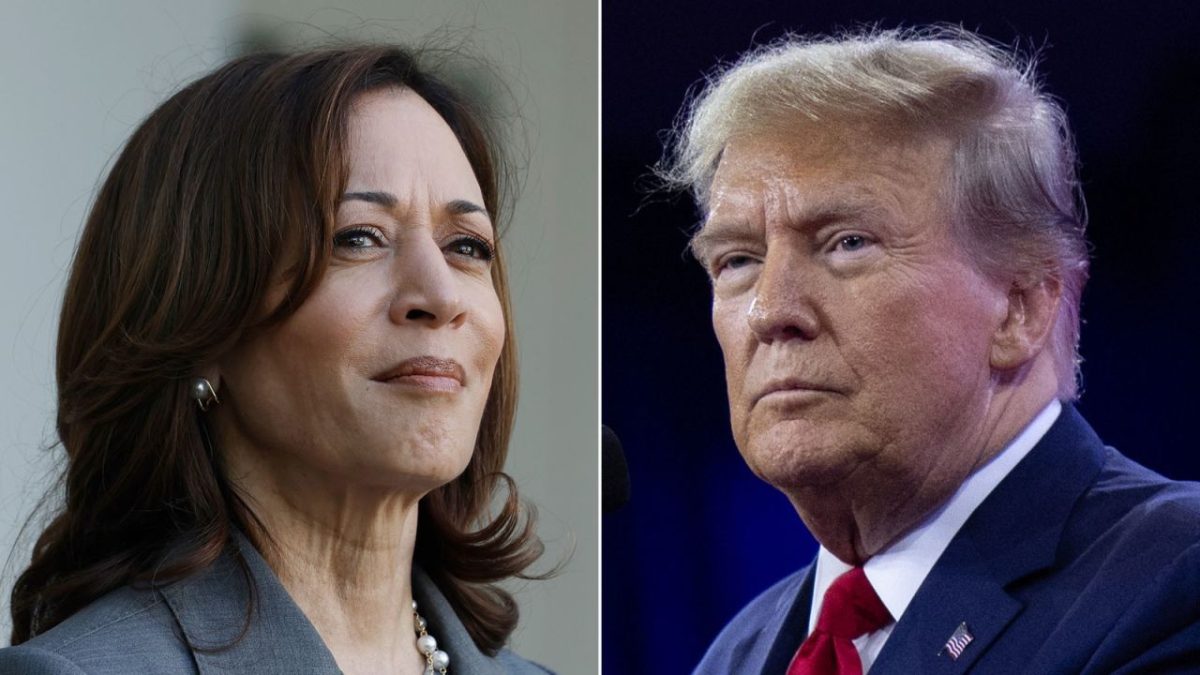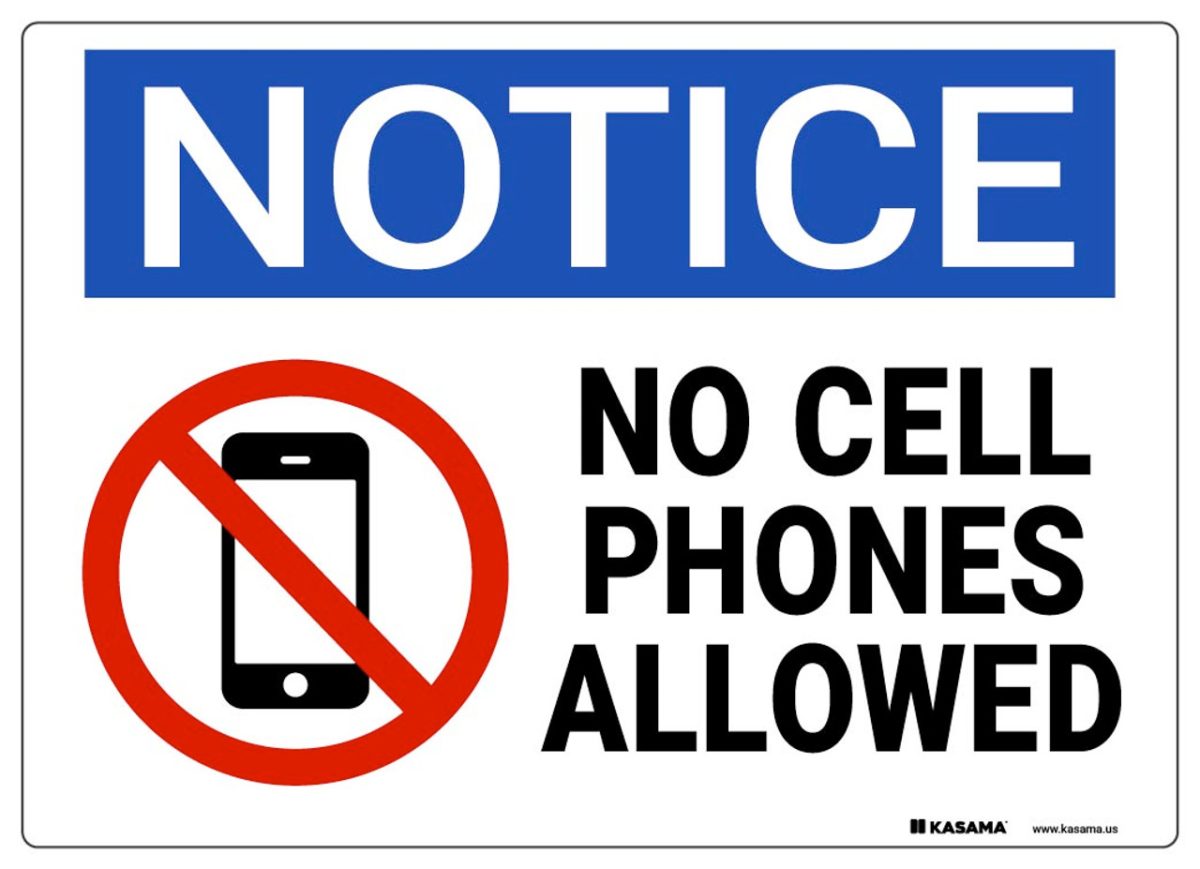On Monday, October 2, late-night TV shows returned to the air after a 148-day hiatus, the longest interruption to American film and television since the COVID-19 shutdown.
Rewind to five months ago when the Writer’s Guild of America (WGA) sat down with the Alliance of Motion Picture and Television Producers (AMPTP) to discuss the writers’ contracts in Hollywood, as it does every three years. But this time around, the WGA had some new demands. With the current state of the economy and recent advancements in technology, the WGA felt it necessary to provide additional protections to writers in Hollywood. Some of these protections included increasing compensation, increasing residuals (the additional money a writer makes if the movie or TV show has high viewership), setting a minimum number of writers required for a project, sharing crucial information (under confidentiality) about the movie or TV show to give clarity to writers, and giving writers credit for edits made to A.I. generated scripts.
The AMPTP refused to agree to these conditions, so the WGA did something that would change the American film and television industry forever: it went on strike. About 11,500 Hollywood writers left their jobs between May 2 and September 27. Consequently, Hollywood was forced to shut down almost all productions.
Studios and writers were able to reach tentative agreements on September 27 finally. In the new contract, all the WGA’s initial demands are met; all left is for the WGA to ratify the agreement, which they will do between October 2 and 9.
Almost every news outlet in America has covered the strike with sympathy towards the writers. However, the more I read about the issue, the harder it was for me to agree with the strike. I understand arguments for higher compensation and residuals, especially given today’s economy. However, the median annual salary for Hollywood writers is $70,200, which is $29,720 above the 2022 median annual salary in the U.S.
Additionally, in 2022, about 50% of Americans had an annual household income of less than 70,000. And that’s household income! These writers make up more than about 50% of U.S. households. Hollywood writers aren’t living out of their cars or struggling to feed their families. They are wealthier than well over 50% of Americans! They are wealthier than the 20,000 workers across 600 productions who lost their jobs due to the shutdown.
Furthermore, many of the WGA’s demands seem unreasonable. For example, there are now staffing requirements for all productions, which allows more writers to work, especially newer ones. The reason behind this rule is to prevent studios from hiring as few writers as possible to save money. But this reasoning is flawed. A studio isn’t going to hire as few writers as possible. The studio’s sole priority is producing an exceptional movie or TV show to bring in money from viewers. Therefore, the studio will hire as many writers as needed to make a quality movie while saving money. There’s no need to force Hollywood’s studios to hire unnecessary writers.
Moreover, writers will now be credited for edits to A.I.-written scripts. If a student were to edit an essay written by ChatGPT, it would still be considered cheating. So, why is all common sense thrown out the window when it comes to writers “editing” A.I.-written scripts?
The writers’ strike recognizes the creativity behind the movies and shows that we all know and love. It brings light to the system set in place by big corporations, like Hollywood, that give billions of dollars to the industry but don’t appreciate the creators of their productions. But at the end of the day, the strike does little to remove that system. It keeps that unfair system in place while publicizing the “mistreatment” of a group of extremely privileged individuals.
What are your thoughts? Let us know.
https://fred.stlouisfed.org/series/MEPAINUSA672N
https://www.talent.com/salary?job=writer&location=hollywood
https://www.statista.com/statistics/203183/percentage-distribution-of-household-income-in-the-us/
https://www.hollywoodreporter.com/business/business-news/writers-strike-fallout-economic-1235480877/


